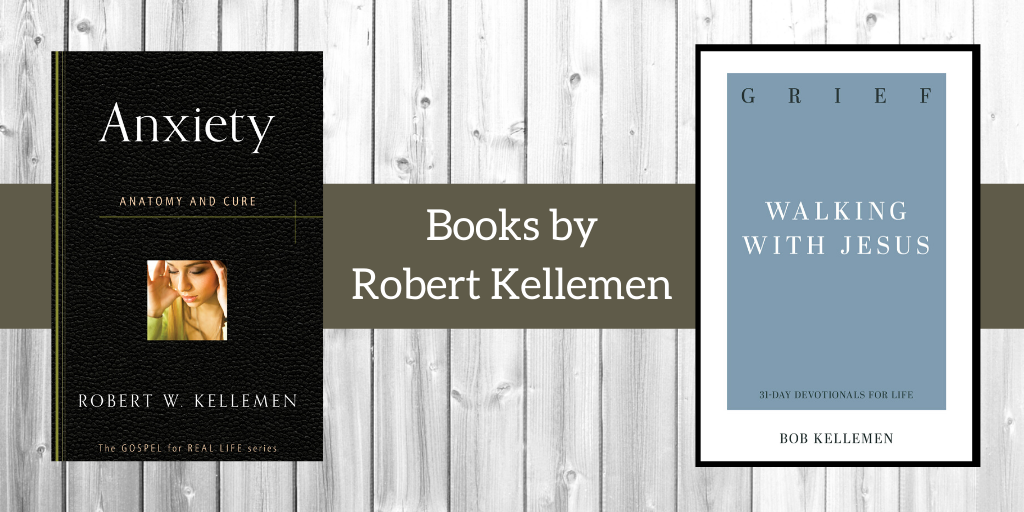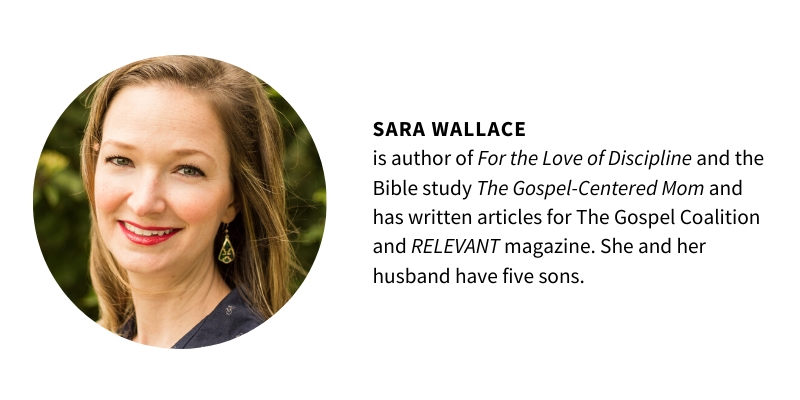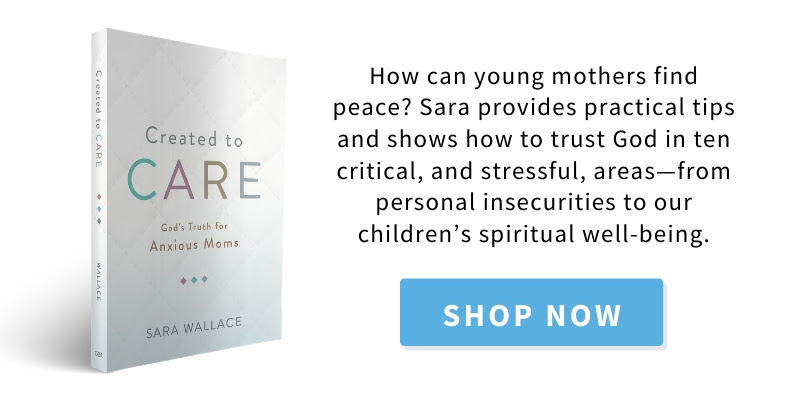With the coronavirus (COVID-19) pandemic, we’re all learning about “social distancing.” However, social distancing does not and should not mean social isolation.
In fact, if we are creative, we can do authentic ministry from a distance.
Let’s all practice spiritual connecting even while social distancing.
The Bible and Authentic Ministry from a Distance
Even this blog post is a result of authentic ministry from a distance! My good friend and coworker in biblical counseling, Pastor Paul Tautges, shared the following on his Facebook feed today:
“This morning, a man from another church asked me if authentic ministry can actually take place if you are hindered from meeting with someone face to face. I told him that if it can’t then the apostle Paul is in big trouble, and we wouldn’t have the book of Colossians. ‘For I want you to know how great a struggle I have for you and for those at Laodicea and for all who have not seen me face to face’ (Col. 2:1). Our message remains the same, while sometimes our methods must remain flexible.”
Great insight from “two Pauls”: The Apostle Paul and Pastor Paul!
The Intensity of Personal Presence—Even When We Are Not Physically Present
The preceding context in Colossians 1 shows the intensity of Paul’s ministry from a distance. Paul (the Apostle, not Pastor Paul Tautges!) describes his gospel writing ministry:
“Christ is the one we proclaim, admonishing and teaching everyone with all wisdom, so that we may present everyone fully mature in Christ. To this end I strenuously contend with all the energy Christ so powerfully works in me” (Col. 1:28-29).
There’s nothing aloof about Paul’s writing-ministry-from-a-distance. It’s intense, strenuous, powerful, personal, energized—and Christ-dependent.
The Intimacy of Personal Presence—Even When We Are Not Physically Present
Paul’s ministry from a distance with the Corinthians models the intimacy we can share even when physically separated. In his past face-to-face ministry and in his current writing ministry from a distance, Paul has communicated freely and opened wide his heart to them (2 Corinthians 6:11). Then he reminds them by letter:
“We are not withholding our affection from you, but you are withholding yours from us. As a fair exchange—I speak as to my children—open wide your hearts also” (2 Corinthians 6:12-13).
Think about that. Even in writing, even from a distance, Paul is not withholding affection from those he ministers to. And even from a distance, Paul lovingly and intimately confronts them: “I speak as to my children—open wide your hearts also.”
Martin Luther and Authentic Ministry from a Distance
For a good portion of Martin Luther’s life he had to be in hiding, secluded, because of the fear of being arrested and even executed for his Reformation views. Even when Luther was not in seclusion, his far-ranging notoriety led to 1,000s of people from all over Europe seeking his comfort and counsel.
Rather than practicing social isolation, Luther practice spiritual connection. Luther penned over 3,000 letters of spiritual counsel. In those letters, Luther empathized, comforted, encouraged, confronted, and guided his far-flung flock.
The Intentionality of Personal Presence—Even When We Are Not Physically Present
Consider just one example (out of over 3,000). Ambrose Brendt had studied in Wittenberg and received his master’s degree, and thus was well-known to Luther. Brendt’s wife died in childbirth and her newborn son died with her. Luther writes to his friend, grieving with him, giving him permission to grieve, and offering encouragement to hope:
“I am not so inhumane that I cannot appreciate how deeply the death of Margaret distresses you. For the great and godly affliction which binds a husband to his wife is so strong that it cannot easily be shaken off, and this feeling of sorrow is not displeasing to God…since it is an expression of what God has assuredly implanted in you. Nor would I account you a man, to say nothing of a good husband, if you could at once throw off your grief. 1
Then, toward the end of his letter of spiritual consolation to Brendt, Luther adds this crucial reminder: “Comfort yourself with the Word of God, the pre-eminent consolation.” 2
My Experience with Authentic Ministry from a Distance
What the Bible and Luther illustrate and model, I’ve experienced for years. For years, I’ve provided counseling supervision via Skype; I’ve mentored pastors from around the world via Skype; I’ve counseled 100s of people via Skype.
When people hear about my “ministry-via-Skype,” they’ll often ask, “But isn’t it difficult to connect deeply from a distance?”
I’ll respond every time, “No.”
Then I’ll typically expand my thinking! I weep with people over Skype. I grieve with people over Skype. I explore scriptural hope together over Skype. I challenge and “care-front” via Skype. I affirm God’s work in people’s lives over Skype.
Once you get over an “techno-phobias,” there’s no reason that Skype or Zoom or Go-To-Meeting or any other online means can’t provide the platform for intense, intimate, intentional ministry from a distance.
5 Practical Suggestions for Practicing Spiritual Connecting While Social Distancing
1. Email, Text, and Even Write a Letter
Letter writing? Does anyone still do that? Letter writing is so powerful because it’s so uncommon. Don’t like letter writing? Can’t do cursive? Send an email or a text. Connect to people with words—like Paul and Luther did.
2. Use Video Conferencing Technology: For Family, For Church Services, For Small Groups
Our life group met Wednesday evening via Zoom. Did it take a few minutes to get used to? Of course. But after a bit, it became one of our more intense and intimate group meetings. I’m sure some of that is because of the times we’re living in. But much of that was because our two leaders (shout out to Lloyd and John) both modeled Paul-like and Luther-like ministry from a distance. We shared out hearts together, we read and studied Scriptures together, we had an extended time of prayer together—from a distance.
When your church live-streams your Sunday service, join in. Sing at home. Pray when your pastor prays. Open your Bible (or Bible app). Take notes.
Facetime with your family members.
Mentor, supervise, counsel.
Share one-another ministry with a friend.
3. Minister Via Social Media
Send a private Facebook message of encouragement. Tweet a link to helpful resources. Post a Scripture verse. Ask for prayer. Ask people how you can be praying for them. Here’s something I recently posted on my Facebook page:
How could I pray for you? During this time of social distancing, I don’t want us to be socially isolated. Are there ways I can be praying for you—my Facebook friends? If so, feel free to Private Message me. Or, if you would like others to see your prayer request and be praying for you, feel free to post on this feed. I’ll start. Here’s one way you could be praying for Shirley and me… (I shared a current prayer request).
4. Call
My parents are 90 and 89. Facetime scares them. But they LOVE phone calls.
5. Learn People’s “Communication Language”
People talk sometime about “love languages.” We should learn to adjust to other people’s preferred communication language. As I mentioned above, Facetime with my Mom causes her stress trying to figure it all out. So, I adjust. Some people will never respond to an email, but they will jump on a text string in a split second. Be all things to all people that by all means you might minister to some.
5 Ways to Pursue Community While Social Distancing
The following additional suggestions come from a reader of RPM’s Truth and Love blog, Hannah Carr.
1. Use Facebook Groups, Zoom, WebEx, etc. for Interactive Teachings, a Book Study, or Small Groups
A moderated group format is ideal so folks can daily post prayer requests, things that make them laugh, encouraging truths, needs, tips for schooling at home, etc. Jointly pick a book and have an online discussion. Publishers such as Crossway are allowing public readings of their materials so long as all the credits are given (such as author, illustrator, etc.). Contact each publisher for details.
2. Organize Online Devotions/Devotionals
Include questions to discuss and prayer prompts, match folks together to pray, and memorize Scripture together. Have folks share their testimony live.
3. Match People Who Live Alone to a Group of 3-to-4 People
No matter the age, anyone who lives alone can easily spiral from all of the anxiety and loneliness. Be proactive in engaging them and making sure they don’t feel forgotten. Check in on them via phone, text, or video chat. Pray with them. As part of this, make a list of at-risk people. This can include anyone who lives alone, or someone who already struggles with loneliness, depression, or chronic illness. Make sure they are checked in with daily.
4. Brainstorm Proactive Plans for Benevolent Care
Those whose jobs are closed for the next 8-10 weeks (or lost) will soon face real financial hardships. From Acts 2 onward, the church has stepped up to meet financial needs.
5. Organize Childcare
If allowed depending on “shelter-at-home” regulations, see if those in low-risk categories can potentially provide childcare for those who must go into work when school or childcare is cancelled.
Join the Conversation
What are additional practical ideas for practicing spiritual connection while practicing social distancing?
1 Quoted in Kellemen, Counseling Under the Cross: How Martin Luther Applied the Gospel to Daily Life, p. 69. Original source, Luther’s Letters of Spiritual Counsel, p. 62.
2 Ibid., p. 69 in Kellemen and p. 63 in Tappert.

Anxiety: Anatomy and Cure | $4.99 | The Gospel for Real Life series
Grief: Walking with Jesus | $9.99 | 31-Day Devotionals for Life series








